Anthony Albanese throws Taiwan’s trade pact entry into a diplomatic spin
Australian diplomats were scrambling to reassure key partners the nation remained open to Taiwan’s entry into the CPTPP after Anthony Albanese declared the self-governed territory was ineligible for membership.
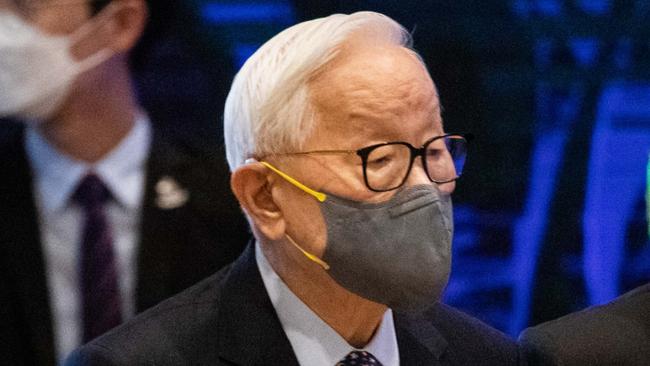
Australian diplomats were scrambling to reassure key partners the nation remained open to Taiwan’s entry into one of the world’s biggest trading blocs after Anthony Albanese declared three days after meeting Xi Jinping that the self-governed territory was ineligible for membership.
Taiwan’s bid to join the 11-nation Comprehensive and Progressive Agreement for trans-Pacific Partnership is being heavily backed by Japan and was supported by a bipartisan Australian parliamentary committee in February. But the Prime Minister signalled at the Asia-Pacific Economic Cooperation Summit in Bangkok on Friday that his government was unlikely to back Taiwan’s application – which is vehemently opposed by Beijing – because it was not recognised as a nation state.
CPTPP nations are scheduled to first consider an application by the UK to enter the agreement before considering formal requests by China and Taiwan to join the bloc. “We have the United Kingdom as (a prospective) entrant,” Mr Albanese said.
“And of course the CPTPP is a relationship between nation states that are recognised. Taiwan is represented here … as an economy. And there is bipartisan support for the One China policy. We support the status quo on Taiwan. We don’t want to see any unilateral action which alters that status quo.”
Senior government sources later said Australia’s policy on Taiwan’s accession to the CPTPP remained unchanged, with the government yet to declare a position on the matter. But the comments are understood to have alarmed officials in Tokyo and Taipei. Taiwanese journalists at the APEC summit chased Mr Albanese from a press conference demanding an explanation.
Opposition foreign affairs spokesman Simon Birmingham said Mr Albanese needed to “promptly clarify his remarks”.
“Mr Albanese doesn’t seem to know or understand that Taiwan participates in the World Trade Organisation as a full member, equal to any other,” Senator Birmingham said. “His comments also put him at odds with Japan, which has described Taiwan’s interest in membership as a ‘positive development’.”
Taiwan is being represented at APEC by 91-year-old semiconductor billionaire Morris Chang, but Mr Albanese said he had no plans to meet with the envoy at the talks. The businessman’s attendance, rather than an elected official, is a workaround to allow Taiwan’s attendance at the economic group, which includes China.
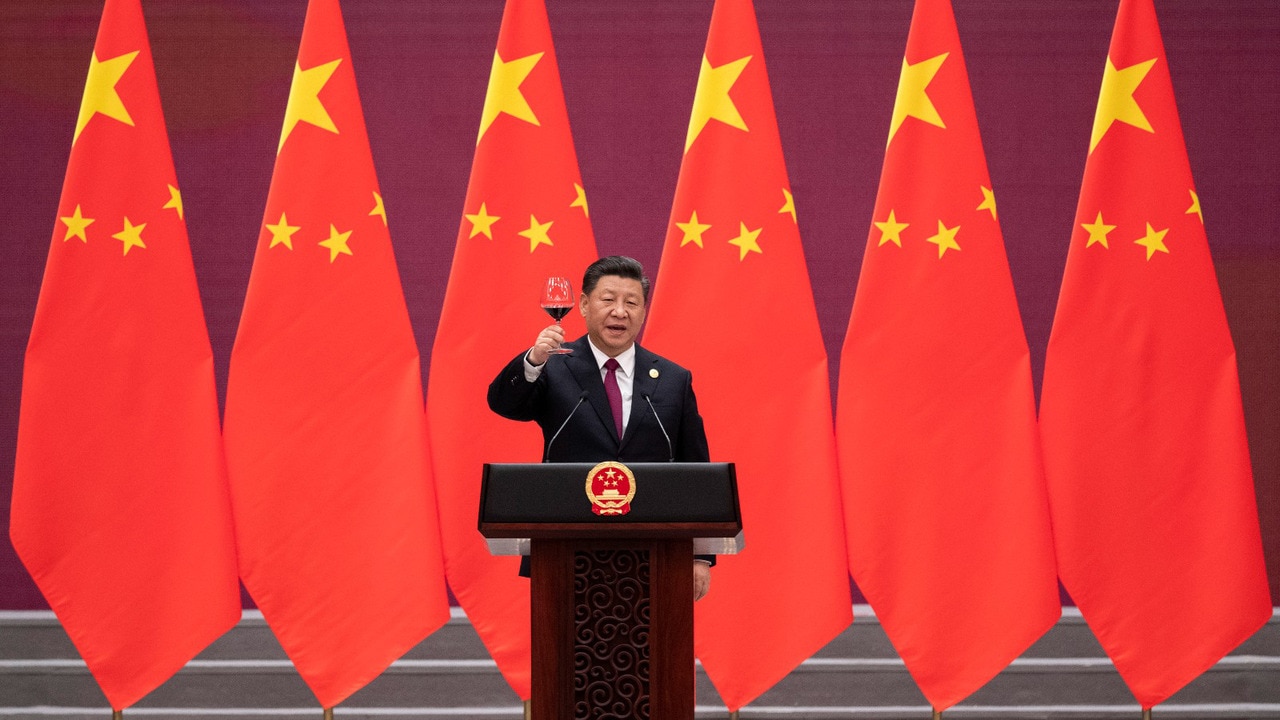
Taiwan is Australia’s seventh largest trading partner and already has bilateral trade agreements with two CPTPP members: New Zealand and Singapore.
After Taipei announced its CPTPP bid last year, Beijing warned it “absolutely opposed any country officially engaging in talks with Taiwan”. It’s unclear whether Mr Albanese and Mr Xi spoke about the issue in their breakthrough bilateral meeting, where the leaders agreed to stabilise bilateral ties after years of tensions.
The University of Tasmania’s Mark Harrison – one of the country’s top experts on Taiwan – said on Twitter that Mr Albanese’s comments were “presumably one of the concessions Xi Jinping secured” in their one-on-one meeting.
Dr Harrison later told The Weekend Australian the absence of diplomatic recognition of Taiwan’s statehood should not preclude its membership of the CPTPP. “No doubt Taipei will be disappointed by the Prime Minister’s comments and Beijing will be pleased,” he said.
Taiwan has been seeking Australia’s explicit support for its CPTPP application, and is also hoping to secure a bilateral free trade agreement. Its president Tsai Ing-wen said joining the CPTPP “will strengthen Taiwan’s key global strategic and economic and trade status, and further integrate us with the world”.
The Japanese government immediately backed the application as a “positive development”, saying Taiwan “upholds democratic values and the rule of law”.
China’s bid for CPTPP membership is also controversial due to its track record of economic coercion. Scott Morrison warned Beijing last year it would struggle to gain entry into the “high-quality” free trade agreement.


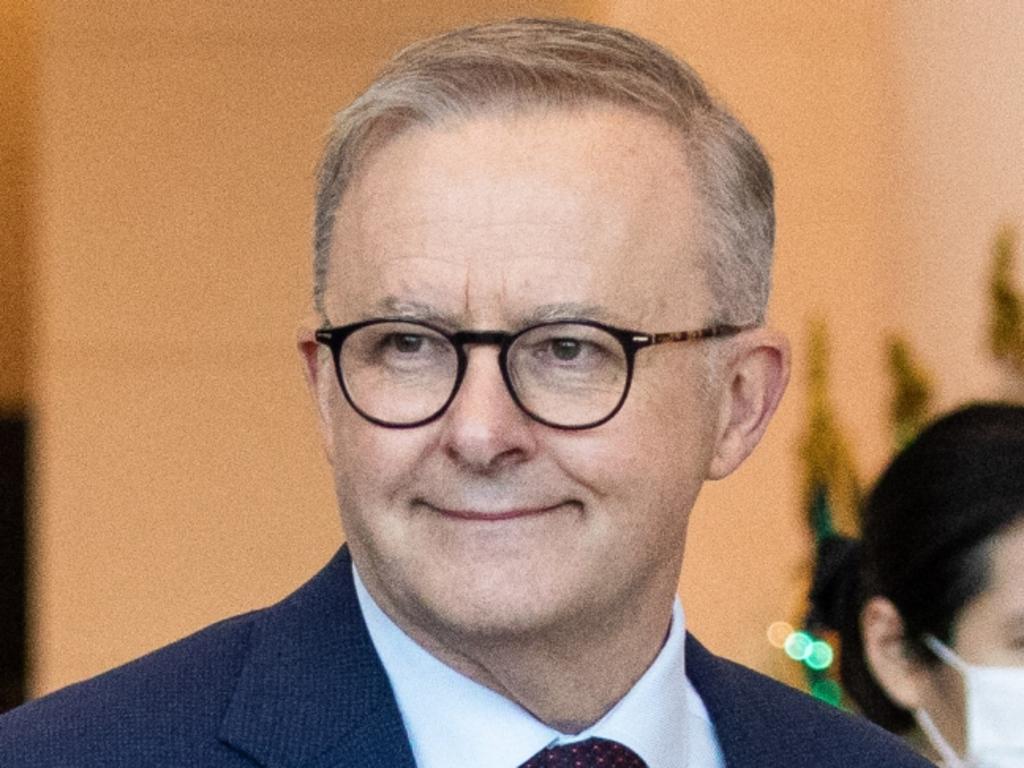
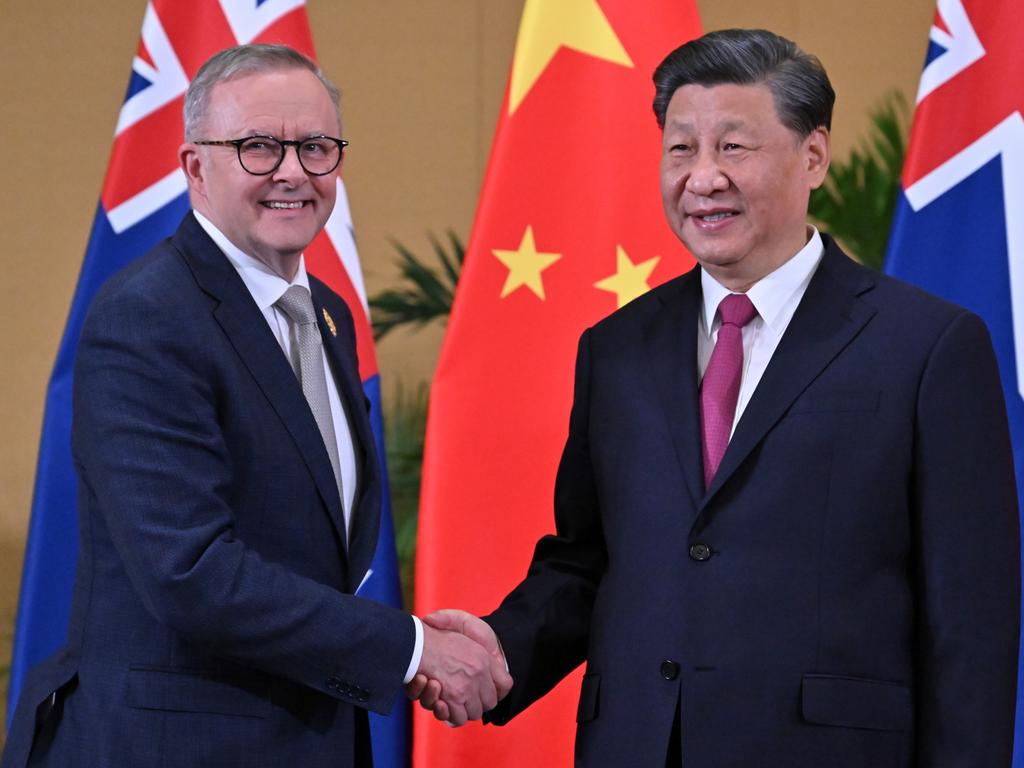

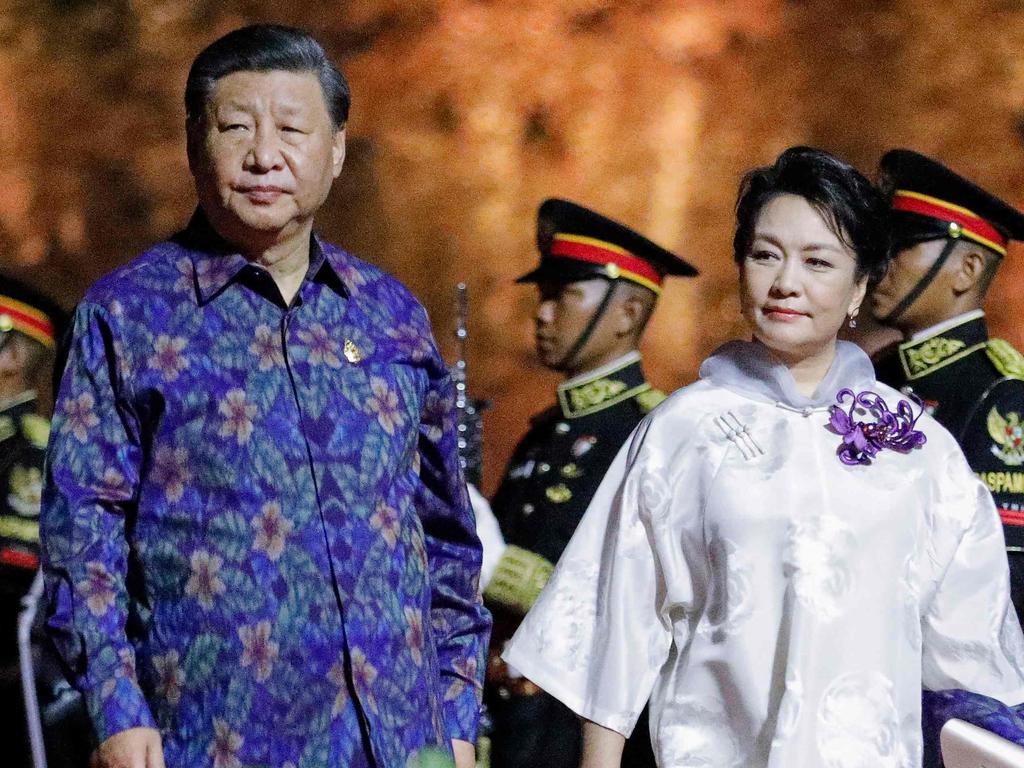


To join the conversation, please log in. Don't have an account? Register
Join the conversation, you are commenting as Logout